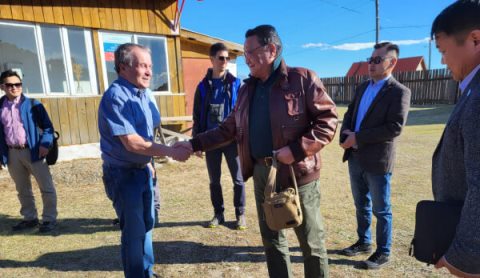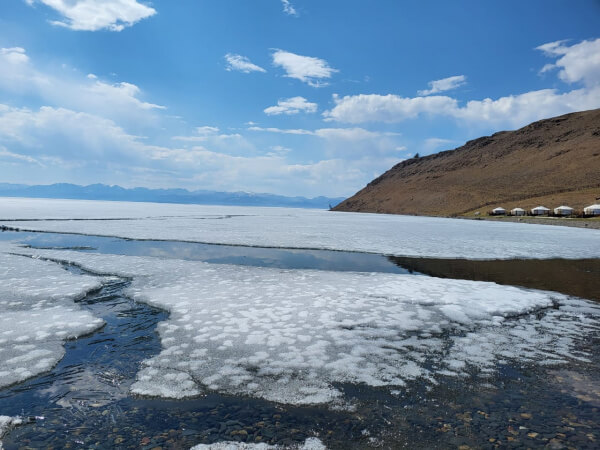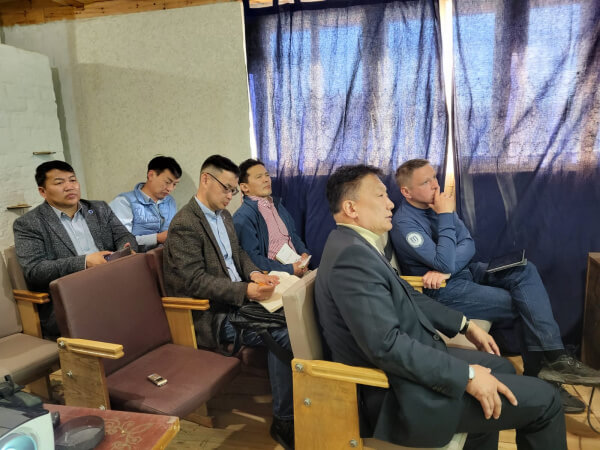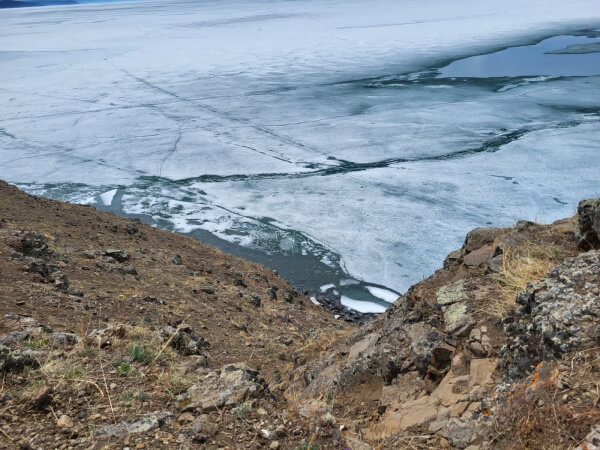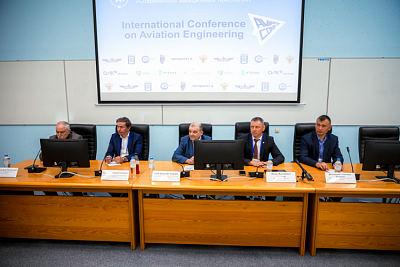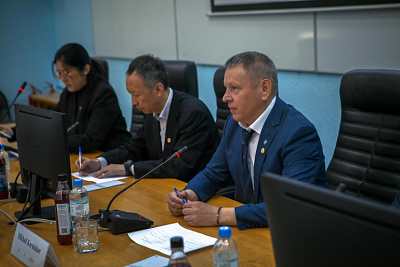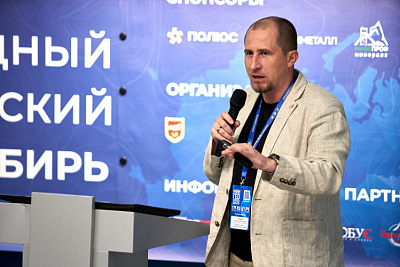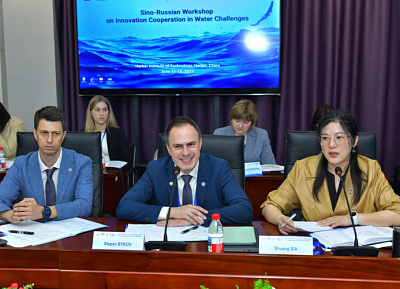Scientists from Irkutsk and Mongolia plan to carry out joint research on Lake Hubsgul
A scientific workshop between Russian and Mongolian scientists was held in Khanh village (Mongolia). This event was devoted to the cooperation in joint research of the ecosystems in Lake Hubsgul and Prihubsugulya area, study the influence of hydraulic structures on the rivers Egiin-Gol, Selenga and Lake Baikal. The workshop initiators were scientific organizations from the Academy of Sciences of Mongolia, Siberian Branch of the Russian Academy of Sciences and Irkutsk National Research Technical University. J. Gurragchaa, a hero of Mongolia and the Soviet Union, pilot-cosmonaut, took part in the scientific workshop.
Opening the workshop, S. Demberel, director of the Institute of Astronomy and Geophysics of the Mongolian Academy of Sciences, noted that Irkutsk and Mongolian scientists are connected with long-term joint activity in many scientific areas: «I would like to direct the scientific potential of Mongolian and Russian scientists to find effective solutions to the problems of Lake Khubsugul, taking into account the existing experience of the Baikal research.»
Lake Khubsugul, which is located at the foot of the Bayan-Zu, Hiin-Nuuru and Munku-Sardyk ridges, is a part of the Baikal Rift. According to the hydrological regime and mineral water composition, the Khubsugul is very similar to Lake Baikal, therefore it is rightfully called the «younger brother of Lake Baikal».
Along with the general opinion of scientists, the technologies developed on Lake Baikal can be used on the Khubsugul. The experience of conducting a comprehensive survey of the lake by specialists of various directions can be successfully implemented here. The depths of Lake Khubsugul allow the scientists to make measurements and build a detailed digital model of the bottom relief of the entire lake and its coastal part, which can be used to monitor the condition of the reservoir and its natural resources.
To that end scientists of the two countries agreed to create a joint scientific group on digital monitoring of Lake Khubsugul.
The scientific stationary base of the A.P. Vinogradov Institute of Geochemistry SB RAS is located in Khanh village. According to the researchers, the Khubsugul is a promising object for studying the geological history of Inner Asia. Sedimentary basins of the Baikal Rift zone, that reflect cyclical climate fluctuations caused by periodic changes in the Earth’s orbital parameters, are a reliable stratigraphic and age basis for regional climate reconstructions.
According to the Mikhail Kornyakov, rector of INRTU, the scientific stationary of the Geochemistry Institute (SB RAS) near Lake Khubsugul can become the basis for a training ground for improving the research competencies of Russian and Mongolian students, postgraduates. It can also be developed as a base for student practices and scientific workshops.

«The natural, geological and geocryological conditions of the territory near Lake Khubsugul are very similar to the Baikal ones; it opens up great opportunities for joint transboundary and interdisciplinary studies of water bodies, processes at global and local levels affecting their current state. This is a beautiful and fragile nature that requires careful attitude, careful study and application of modern technologies for planning and sustainable development of the territory," said Mikhail Kornyakov.
INRTU Siberian School of Geosciences, which carries out complex geological prospecting work in hard-to-reach territories of Russia, has a special interest in the development of the scientific stationary.
Speaking to Mongolian colleagues, Alexander Parshin, the scientific director of the Siberian School of Geosciences, underlined that one of the most relevant scientific directions for his department is the assessment of the current state of unusual geosystems; they includes the Khubsugul and the Prikhubsugul area.

«We are developing a universal methodology for conducting geoecological studies, which includes, among other things, the study of safe limits of impacts on endemic organisms. In order to preserve the unique features of the territory of the Khubsugul for posterity, as well as for the stability of the Baikal ecosystem, scientifically based mechanisms of geo-ecological control should be developed.
The inclusion of Mongolian objects will allow us to expand our research and improve the methodology, it will benefit the lake geosystem and the entire Prisubsuhul territory. It is also interesting for us to try our experience, technologies and personnel opportunities to study the mineral resource base of Mongolia. At the same time, Mongolian students that now are studying at INRTU will certainly participate in production projects. They will gain the necessary experience and knowledge for further career developing in Mongolia," Alexander Parshin said.


